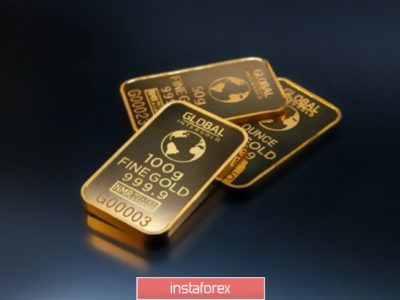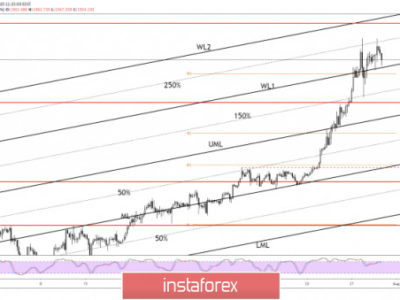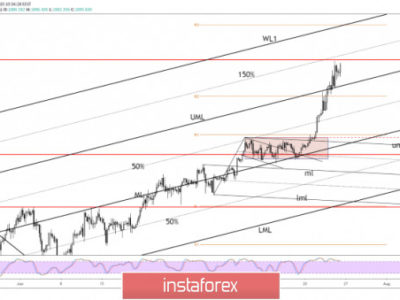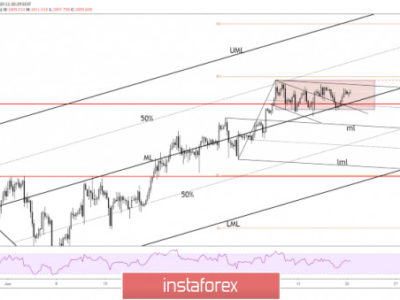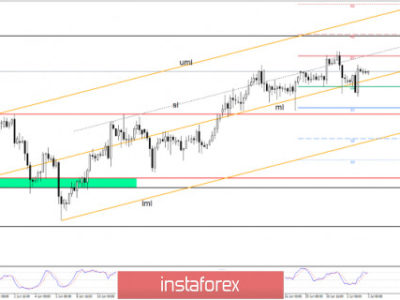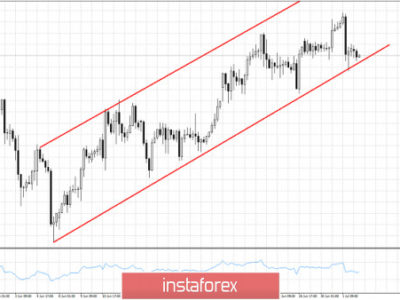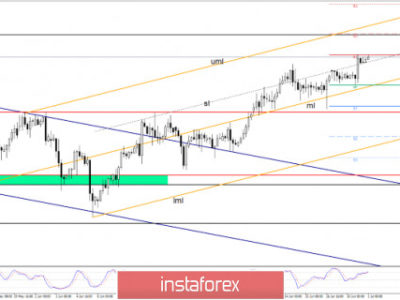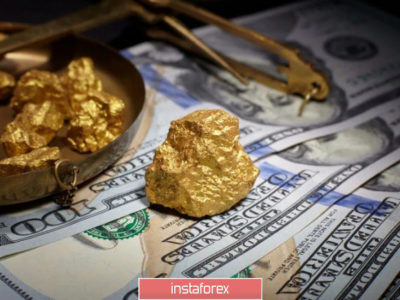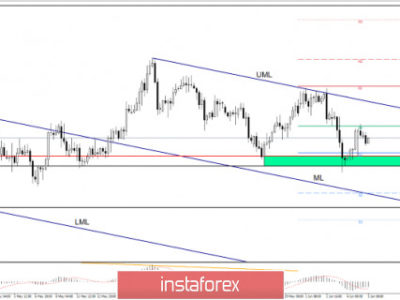Bullion, Bullion, Bullion…
At the mere mention of the word bullion, most people’s imaginations start ‘glittering’ with images of gold, and it should as bullions are actually precious metal bars or ingots that are made of gold, silver and other precious metals that are traded in bulk and the value is usually determined by purity and mass (weight) and the standard minimum purity for bullion to be considered as investment gold is 99.5 % pure gold for gold bars and 90 % for bullion coins, however most bullion bars or coins are 99 % and above.
There is a diverse range of people and organisations that are directly associated with bullions or bullion trading and they include primarily the LBMA or better known as the London Bullion market Association, banks, brokers, vault operators, refiners, fabricators and right up to investors and the common working man who buys physical bullion as a measure of hedging against the onslaught of inflations. Extending from direct bullion industry players, there are other professional entities that take part in the bullion market via gold exchange traded funds (ETFs), SPDR Gold Shares as well as jewellers and manufacturers who use gold in the context of producing goods that eventually end up with end users such as you and I.
In order to buy bullion, the first thing that you need to have is cold hard cash (or at least a credit card with enough credit on it) followed by a good contact that is trustworthy. Bullion investments are good for long term investments as the concept of buying bullion is based on ‘buy it and hope you do not need it for a very long time’ – in other words, when a person buys bullion – it should be a long term investment.
However when one does decide to sell bullion the situation differs from that of buying in many ways depending on the price that the bullion is at. This is due to the fact that when gold prices go up, most precious metal dealers offer much lower prices than the market rate, and different dealers offer different rates (below the market price), thus it is always good to shop around for the best rates before you decide to sell bullion gold and get the highest price (closest to market rates) as possible.
In most cases, well established gold dealers often offer much more to individual bullion sellers due to ‘economies of scale’ and these well established gold buyers are also usually refiners or at least associated with refiners, which allows them to actually offer much more than smaller market players. Non affiliated dealers often are marred by commissions and fees that is usually passed on to the sellers and since it is an ‘economy of scale’ business, the more gold bullion you have the more leverage you have as the quantity will offset the operational cost which becomes insignificant with larger quantities.
It is always good to have options when it comes to selling bullion as it keeps sellers from making decisions that are based on desperation which is more often than not ‘bad for business’ transactions. Knowing market prices and the averages for a month or so would assist in negotiating good prices and also reduce the possibility of being slapped with hidden costs that should be avoided to make the best out of the deal.
Prior to going to a gold traders office it is always a good option to try and post your intended gold offer up on social media sites and wait for a response, many people have started using social media to buy and sell gold despite it having a higher risk as many unscrupulous characters roam about social media sites with the hopes of pulling of a con – so beware.


